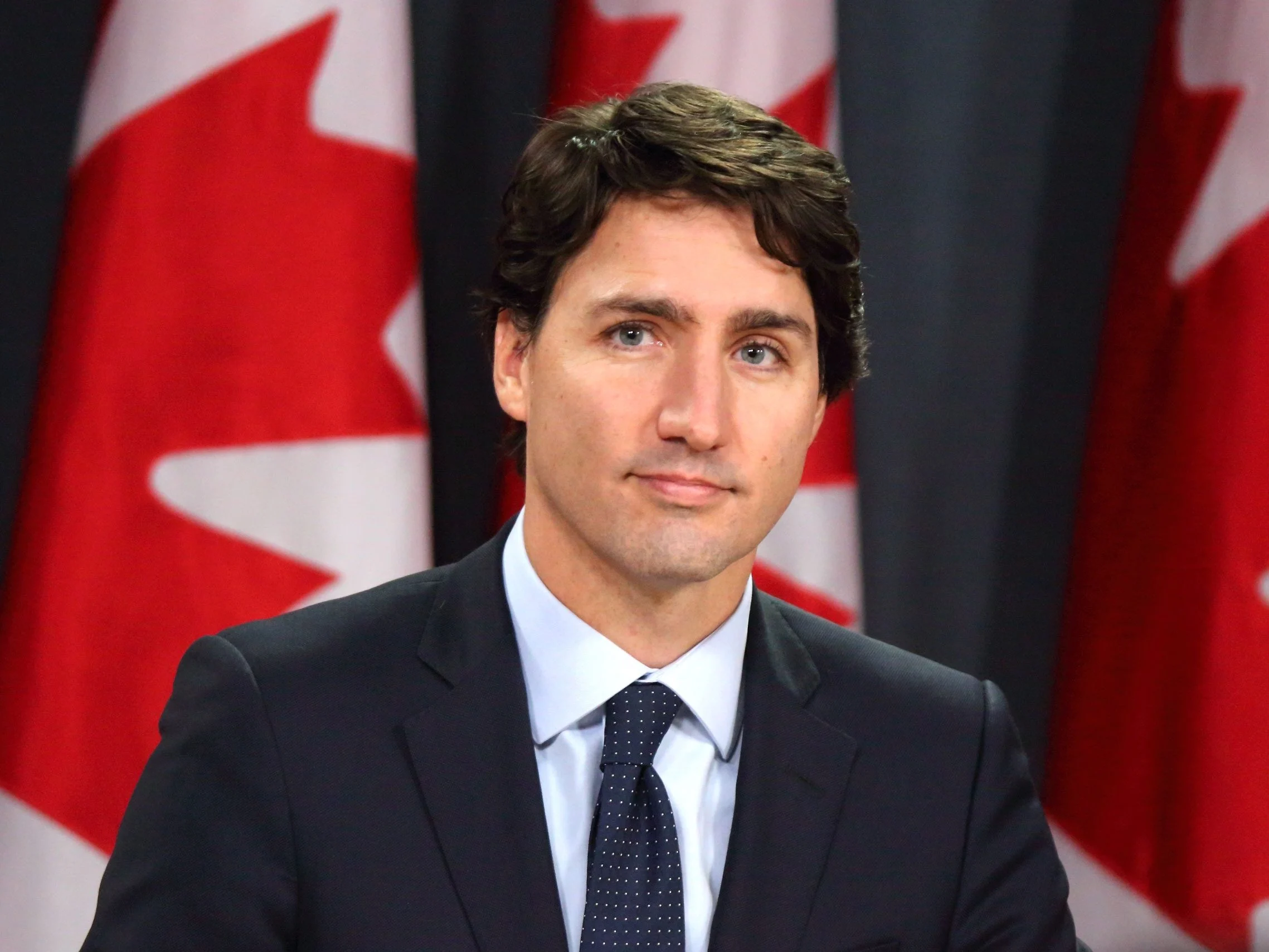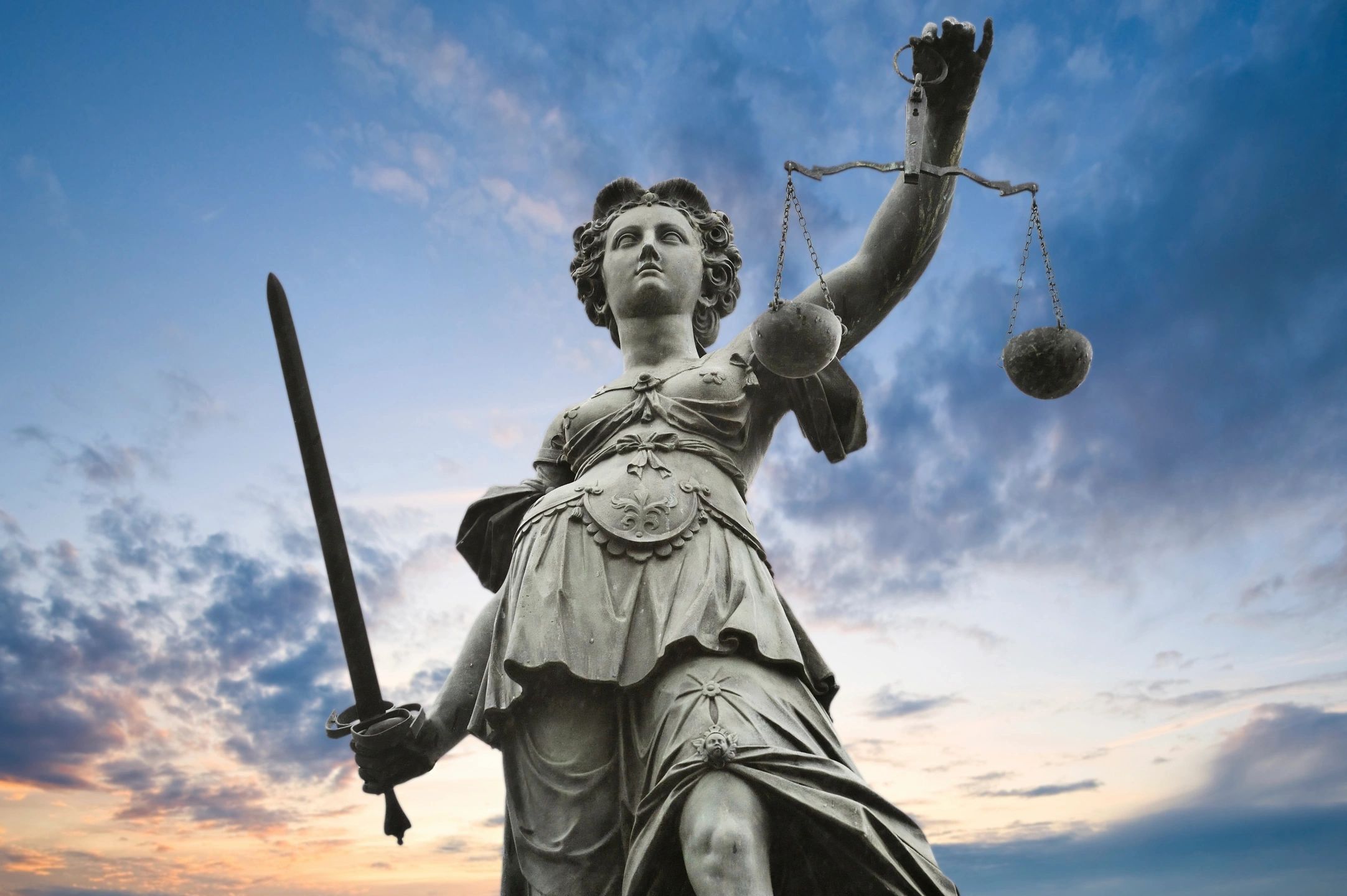Prime Minister Justin Trudeau emphasized that expanding electricity generation to support artificial intelligence will be a key focus for the G7 in 2025, as Canada assumes the presidency of the multinational body.
Speaking in Paris on Sunday at a roundtable hosted at the Canadian ambassador’s residence, Trudeau addressed Canadian and French officials alongside representatives from major tech companies like Amazon, Dell, and IBM. His remarks came ahead of a global AI summit set to begin Monday.
Trudeau stressed that increasing power generation for AI should not come at the cost of addressing climate change, highlighting nuclear energy as a critical solution.
“With our G7 partners, we will ensure that innovators have access to clean, reliable energy to power AI without undermining the fight against climate change,” Trudeau said. “To achieve this, we must develop the necessary infrastructure at a pace that matches AI advancements, with nuclear technology playing a crucial role.”
He also underscored the need to explore ways to reduce AI’s substantial energy consumption, as the technology requires significant computing power.
Later in the day, at an event with French President Emmanuel Macron, Trudeau reinforced the urgency of strategic AI action. “Now is the moment to decide how we move forward—not only in ensuring we have enough energy to power AI cleanly and efficiently, but also in ensuring it doesn’t set us back in reducing carbon emissions.”
Beyond energy concerns, Trudeau also called for equitable global access to AI, comparing its potential impact to the advent of electricity. He warned that if AI adoption is delayed in certain regions, the consequences could be severe, deepening global divisions and conflicts.
Trudeau is set to attend the AI Action Summit in Paris on Monday, where nearly 100 heads of state and government and around 1,000 civil society stakeholders from approximately 100 countries will gather. Experts see this as an opportunity for Canada to showcase its leadership in AI.
Florian Martin-Bariteau, research chair in technology and society at the University of Ottawa, stressed the importance of Canada asserting its influence in AI governance. He cited Canada’s historical leadership, including the 2017 Montreal Declaration on responsible AI and the 2020 Global Partnership on AI, which Canada co-founded with France.
These initiatives predate the emergence of widely available generative AI, which has intensified discussions on AI safety and regulation. Since the release of ChatGPT, international summits have addressed AI-related risks, with meetings in Bletchley Park, UK (2023) and Seoul, South Korea (2024). The Paris summit will take a broader approach, examining AI’s impact on public interest, work, innovation, and culture.
Co-chaired by Indian Prime Minister Narendra Modi and Macron, the summit will also host U.S. Vice President J.D. Vance and China’s Vice Premier Ding Xuexiang.
Rowan Wilkinson, a research analyst at Chatham House in the UK, emphasized that Trudeau’s participation aligns with Canada’s AI policies and research excellence. She noted the summit as a chance for Canada to reaffirm its commitment to shaping the future of AI.
Despite Canada’s strong research reputation, critics argue the country has been slow to commercialize AI. Additionally, delays in passing AI regulations have drawn scrutiny, with concerns that proposed legislation may not pass before an anticipated spring election.
Summit discussions could lead to a joint statement on AI policies, similar to the 2023 Bletchley Park declaration, which prompted national-level initiatives. Canada has also played a role in shaping AI safety efforts, with Canadian AI pioneer Yoshua Bengio leading an international report on AI risks. Released in January, the report highlighted concerns such as AI-driven scams, privacy violations, and labor market disruptions.
At the 2024 Seoul summit, world leaders agreed to establish a network of publicly funded AI safety institutes. Canada launched its own AI Safety Institute in November, and co-director Nicolas Papernot noted its work aligns with Bengio’s findings, focusing on bias, robustness, and privacy in AI systems.
As AI continues to evolve, Trudeau’s presence at the Paris summit signals Canada’s commitment to leading responsible AI development while balancing innovation and sustainability.



